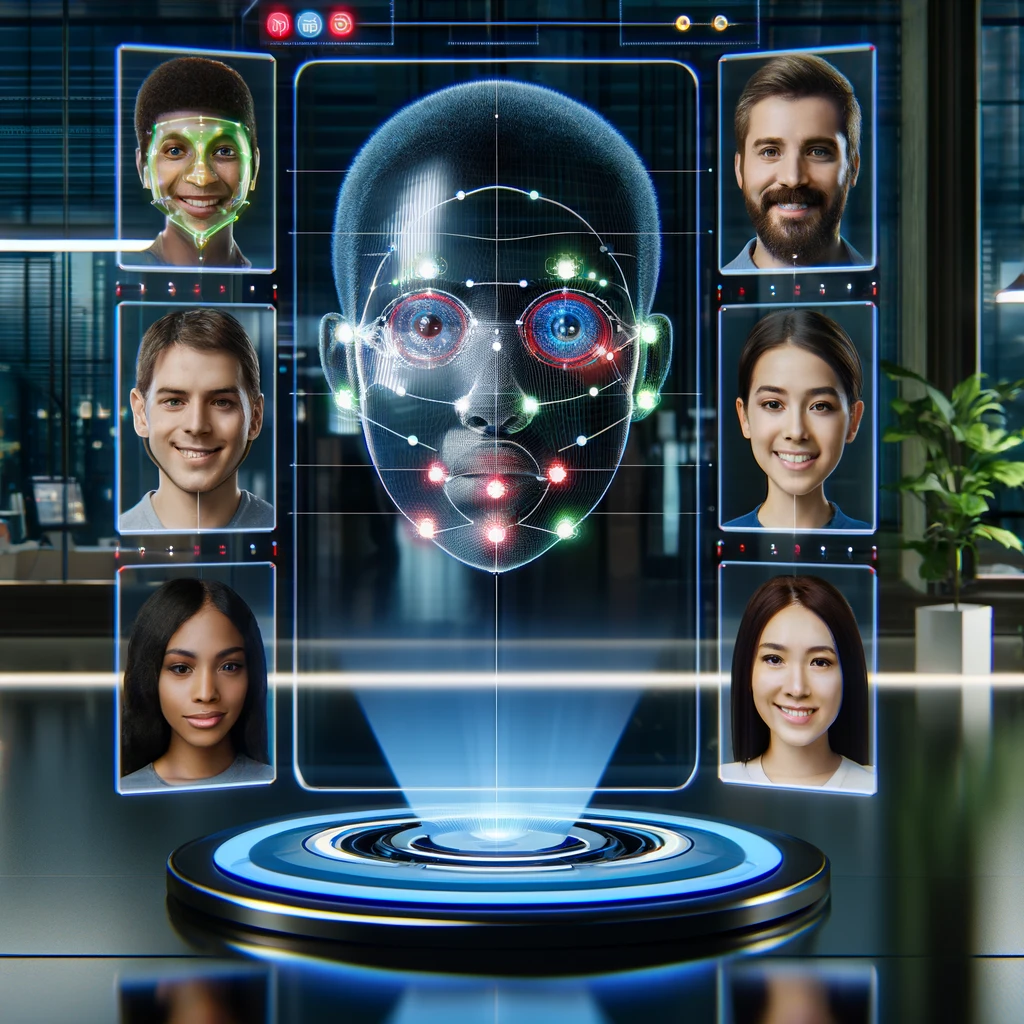In today’s fast-paced and highly competitive world, it is essential to have a combination of technical skills and soft skills to succeed in any profession. While technical skills are important, it is the soft skills that set individuals apart and make them successful in their careers. Soft skills refer to a person’s ability to interact effectively with others, manage relationships, and communicate well. In recent years, the development of soft skills has become a crucial aspect of career growth, and with the advent of emotion AI, it has become easier to track and improve these skills.
What is Emotion AI?
Emotion AI is a field of artificial intelligence that aims to develop machines that can recognize and respond to human emotions. With the advancement of technology, it has become possible to track and analyze an individual’s emotional state, which has led to the development of tools and techniques that can be used to improve soft skills. These tools use machine learning algorithms to analyze human emotions and provide feedback to help individuals improve their communication skills, interpersonal relationships, and overall emotional intelligence.
Benefit #1 – Identify emotional triggers
One of the primary benefits of emotion AI is that it can help individuals identify their emotional triggers and learn to manage them better. For example, if an individual is prone to becoming angry during stressful situations, emotion AI can help identify the underlying cause of this behavior and provide strategies to manage it better. Similarly, if an individual struggles with social anxiety, emotion AI can help identify the root cause and provide strategies to overcome it.
Benefit #2 – Improve communication skills
Emotion AI can also be used to improve communication skills by analyzing the tone and content of conversations. By analyzing the language used in conversations, emotion AI can provide feedback on the clarity of the message, tone, and non-verbal cues. This feedback can help individuals improve their communication skills by identifying areas where they need to improve, such as clarity, conciseness, or emotional intelligence.
Benefit #3 – Develop better interpersonal relationships
Another benefit of emotion AI is its ability to help individuals develop better interpersonal relationships. Emotion AI can analyze the emotions of individuals in a group setting and provide feedback on how to communicate more effectively with others. This can be particularly helpful in situations where individuals may be struggling to work together, or there may be conflicts in the workplace.
To sum up: Benefits of Emotion AI in Soft Skills Development
In conclusion, soft skills development and emotion AI have become increasingly important in today’s professional world. Soft skills are essential for career growth and success, and emotion AI provides an effective way to track and improve these skills. As technology continues to advance, we can expect to see more developments in the field of emotion AI, which will undoubtedly have a significant impact on the way we work and interact with others. If you’re looking to improve your soft skills, consider leveraging the power of emotion AI to help you achieve your goals.
Discover 5 Employee Sentiment Analysis Tools to Improve Employee Engagement in 2023!



